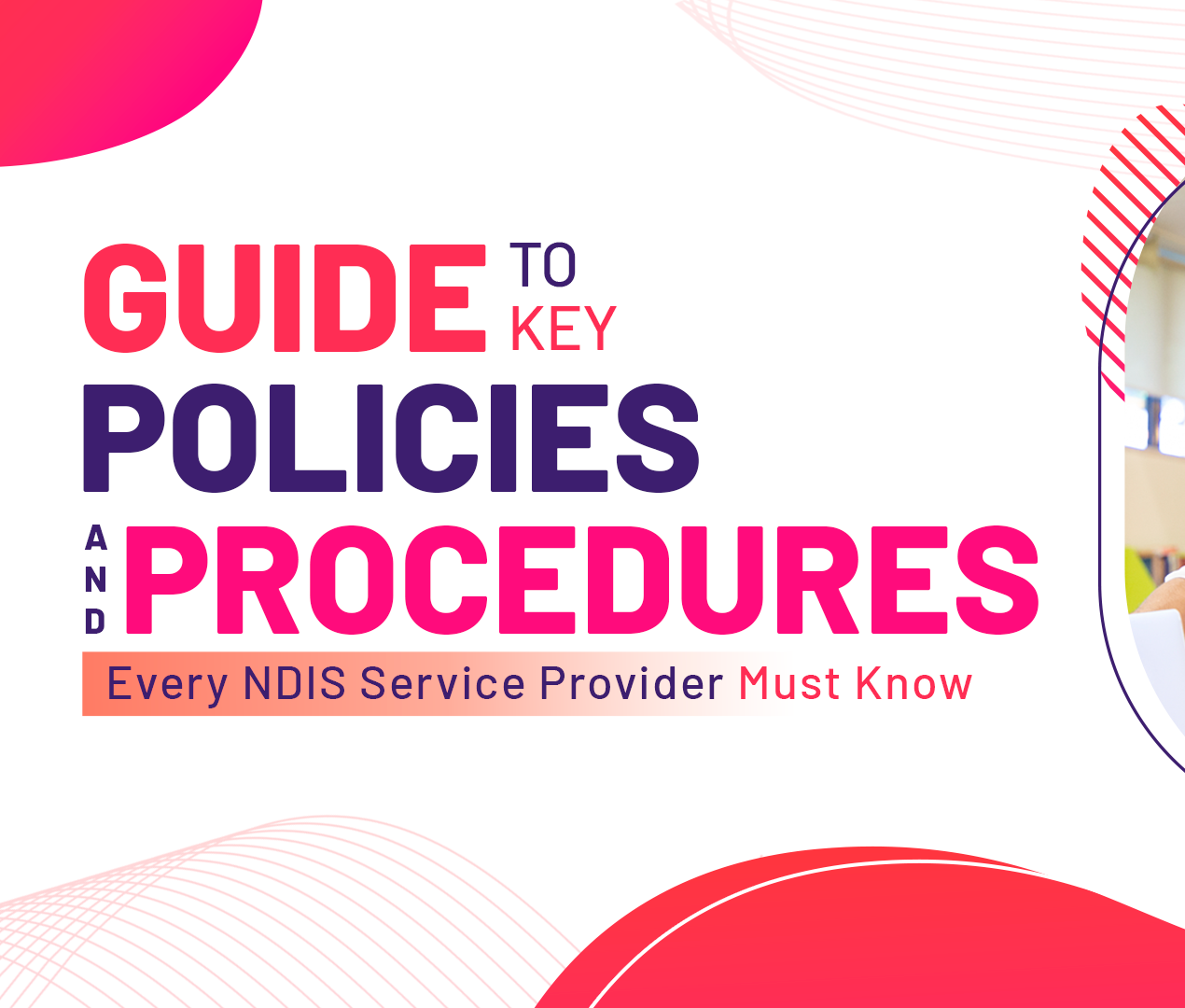NDIS Providers should be familiar with, and adhere to, the Scheme's privacy rules. These days, NDIS CRM software is the foundation for a lot of NDIS businesses. NDIS service providers have a responsibility to safeguard the confidentiality of their clients. While NDIS service providers may find financial success by using advanced NDIS CRM software features to cultivate meaningful connections with customers and save 90% of your admin time. NDIS CRM security is a hot topic among companies and cyber specialists. Security incidents, some of them rather high-profile, occur daily, and yet businesses often make innocuous mistakes with potentially disastrous financial implications.
Providers for the disabled often hold on to sensitive data, making data security a top need. It is highly recommended that you use cloud-based NDIS software for the four reasons listed below.
- Data Security - Cloud-based systems, have safeguards in place to prevent unauthorised access to your data, including server authentication and data encryption. To prevent interference from or access by external attackers, data is stored in a secure server environment that employs a firewall and other cutting-edge technology.
- NDIS Compliant - This helps you comply with NDIS-specific laws governing the collection and use of individuals' data by making it easier to meet regulatory compliance criteria.
- Restricted Access to Information - It's easy to make available different data sets to different user communities. You can lessen the likelihood of data theft or abuse by making it easy for all users to obtain the information they need to provide value-based care.
- Data Backup - When data is backed up and stored on a server in a physical location, it is more susceptible to disasters like floods and fires. Using the cloud makes it easy to recover your data after a catastrophe since it is stored in several places and is thus safe and easily accessible.
Also Read: 5 Reasons Why You Should Go with A Customised NDIS Provider Software
Understanding The Threat
The worst blunder you can make with CRM data security is not knowing where the hazards are. To counteract the most common threats, of course everyone makes use of antivirus and antimalware software. Most companies now routinely check for phishing and other security vulnerabilities in addition to traditional network attacks. Some of the more obvious dangers, including malicious software, viruses, and Denial of Service (DOS) attacks, may be countered with the right methods. However, problems occur when an unidentified foe attempts to exploit a CRM's vulnerabilities. It's not uncommon for an end user's device to try to access CRM data that's housed on a server or behind a firewall. A multi-layered security architecture might be implemented to avoid breaches caused by such unexpected assaults.
Giving Sales Staff Too Much Access
One such common weak spot is in your sales staff. Do informational reports that aren't required really contribute data to the sales team? Companies often fail to consider reports as a possible data leak source despite the fact that they may lead to serious breaches if not properly secured. Among the features of cutting-edge CRM security systems is role-based access. Put these features to use and your sales team will always have access to the data they need. However, you are restricted to using just the minimum amount of information shown in such reports. Furthermore, the system must promptly inform management if any employee suddenly starts creating reports that are unrelated to their department.
CRM with minimal security
Cybercrime is a concern for all businesses, but it is most pressing for those that deal with sensitive customer information. Visit Business.gov.au to learn more about how to protect your organisation from cyber threats including data breaches. In an effort to save expenses, some organisations are willing to invest in less popular but cheaper CRM software. However, there is a higher likelihood that such systems have inadequate security requirements, putting your CRM data at danger of persistent penetration attempts.
Therefore, it is best to have a CRM system that has: The most up-to-date virus scanning techniques; Required Security Certifications; User-Defined Roles; Appropriate Encryption; Intrusion Detection/Prevention Systems (IDS/IPS). One easy way to ensure your business complies with NDIS provider privacy rules is to use high-quality NDIS software like eZaango. All user data is stored securely on a Sydney based AWS server, so you can have the peace of mind that your data is in safe hands.
Unprotected Data Files
The majority of data are stored behind a firewall on a secure network but given that mobile devices are often a source of vulnerability, even these data are still at danger. Businesses that don't safeguard their real data and data files will almost certainly suffer a breach at some time. Encrypting data and data files, and requiring user authentication to access them, is excellent practise. If users misplace their mobile device used to access the data, the new owner will first need to provide proof of identity before granting access to potentially sensitive customer data.
A safe cloud-based solution is perfect for companies that deal with large amounts of data daily. When you save your data on the cloud, you eliminate the risk of it being lost, stolen, or corrupted. Select the NDIS platform that best suits your business requirements. Select a reliable company that offers a secure platform at a fair price with excellent customer service. Contact us now to know more!
Date: Dec 21, 2022











